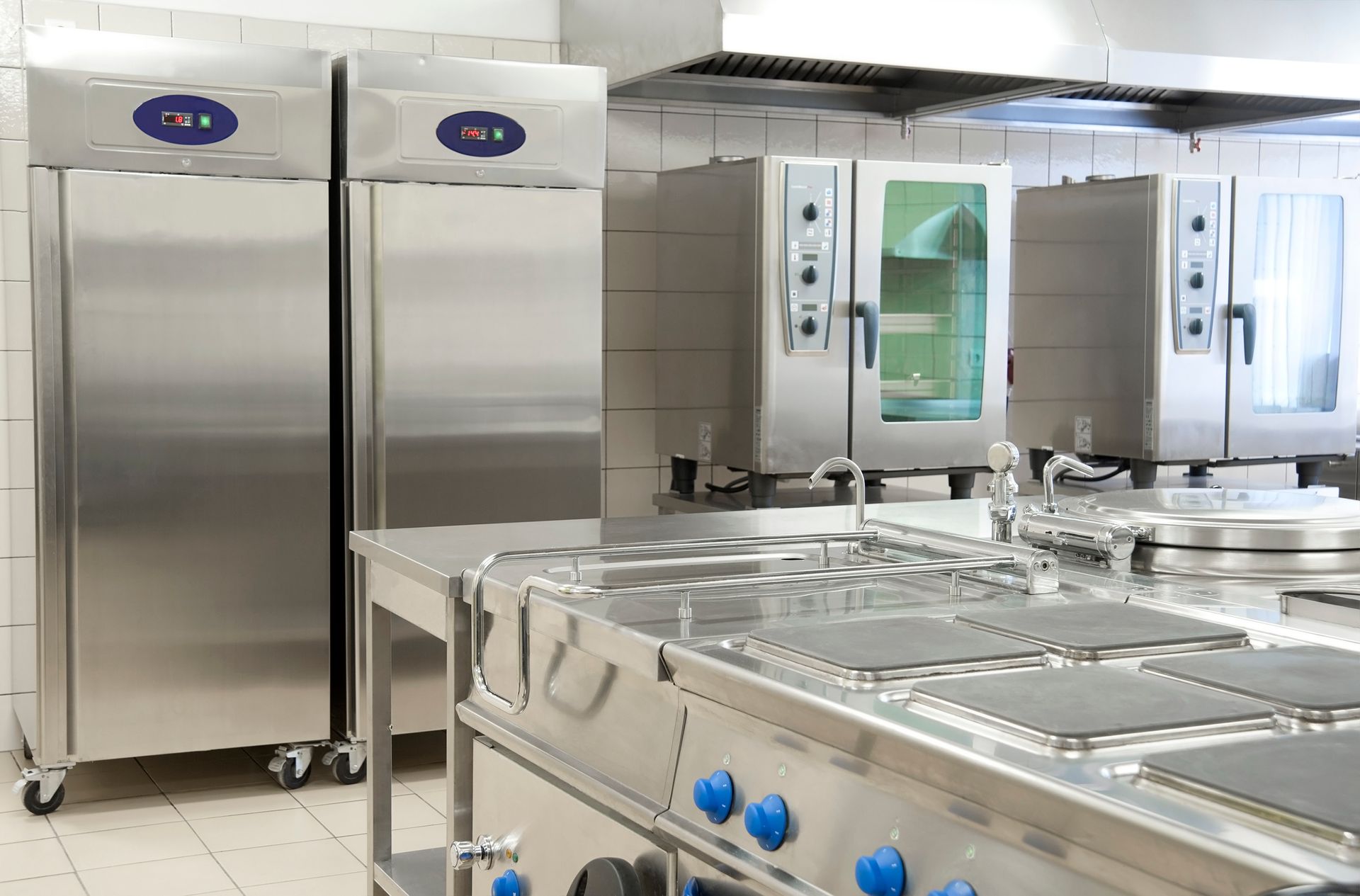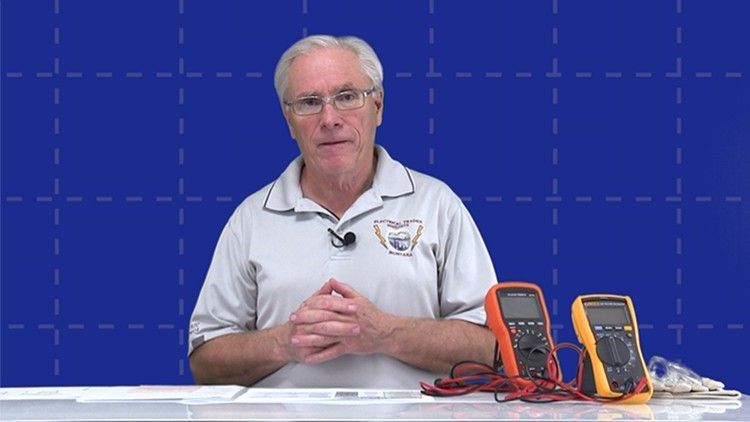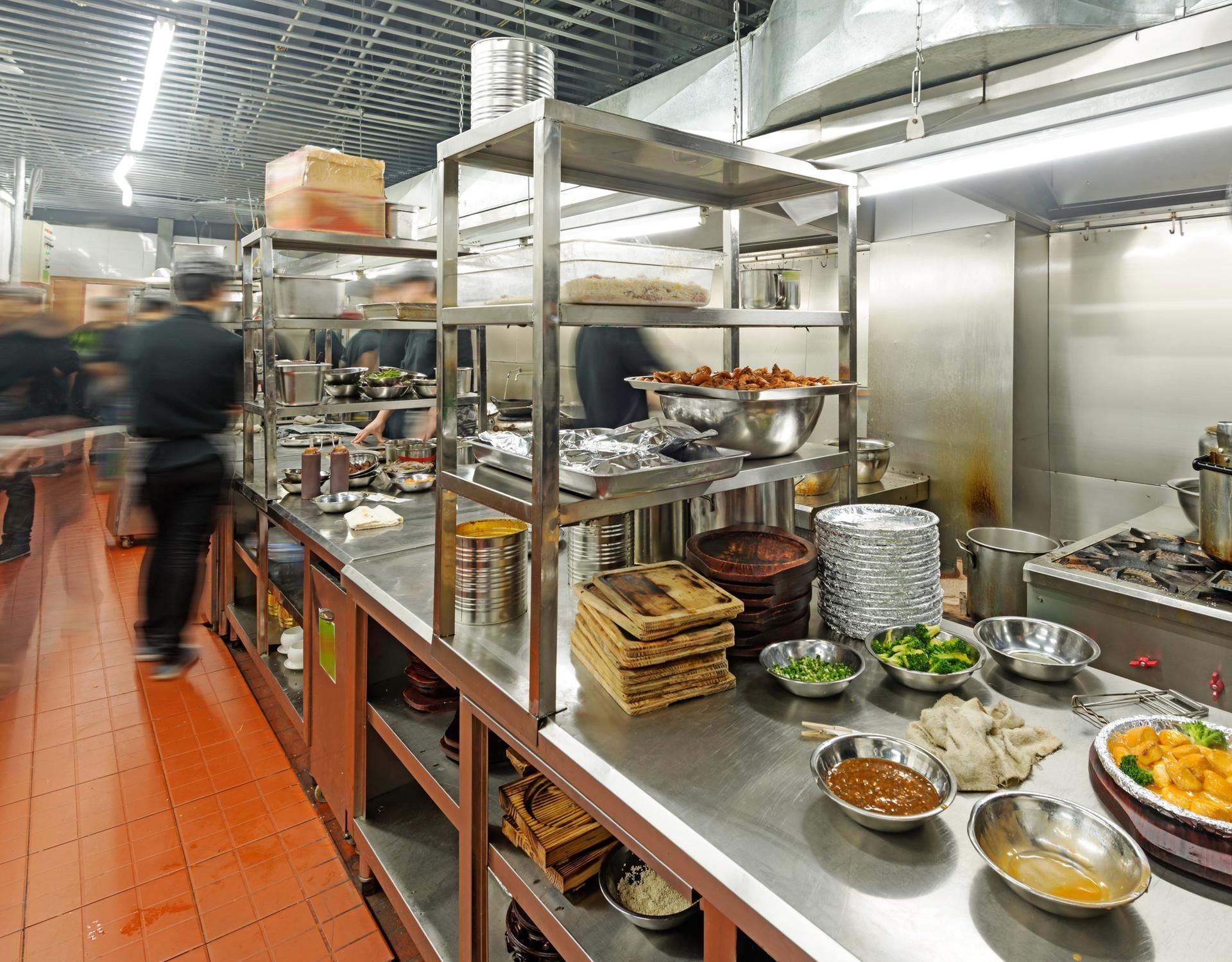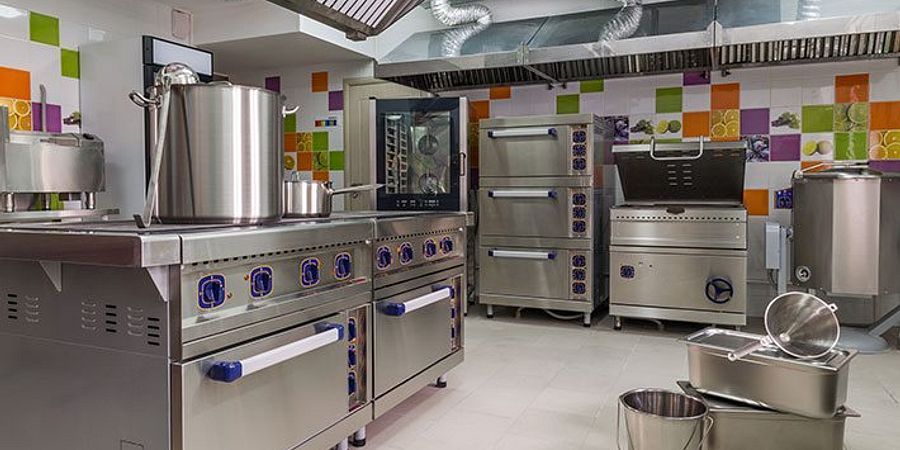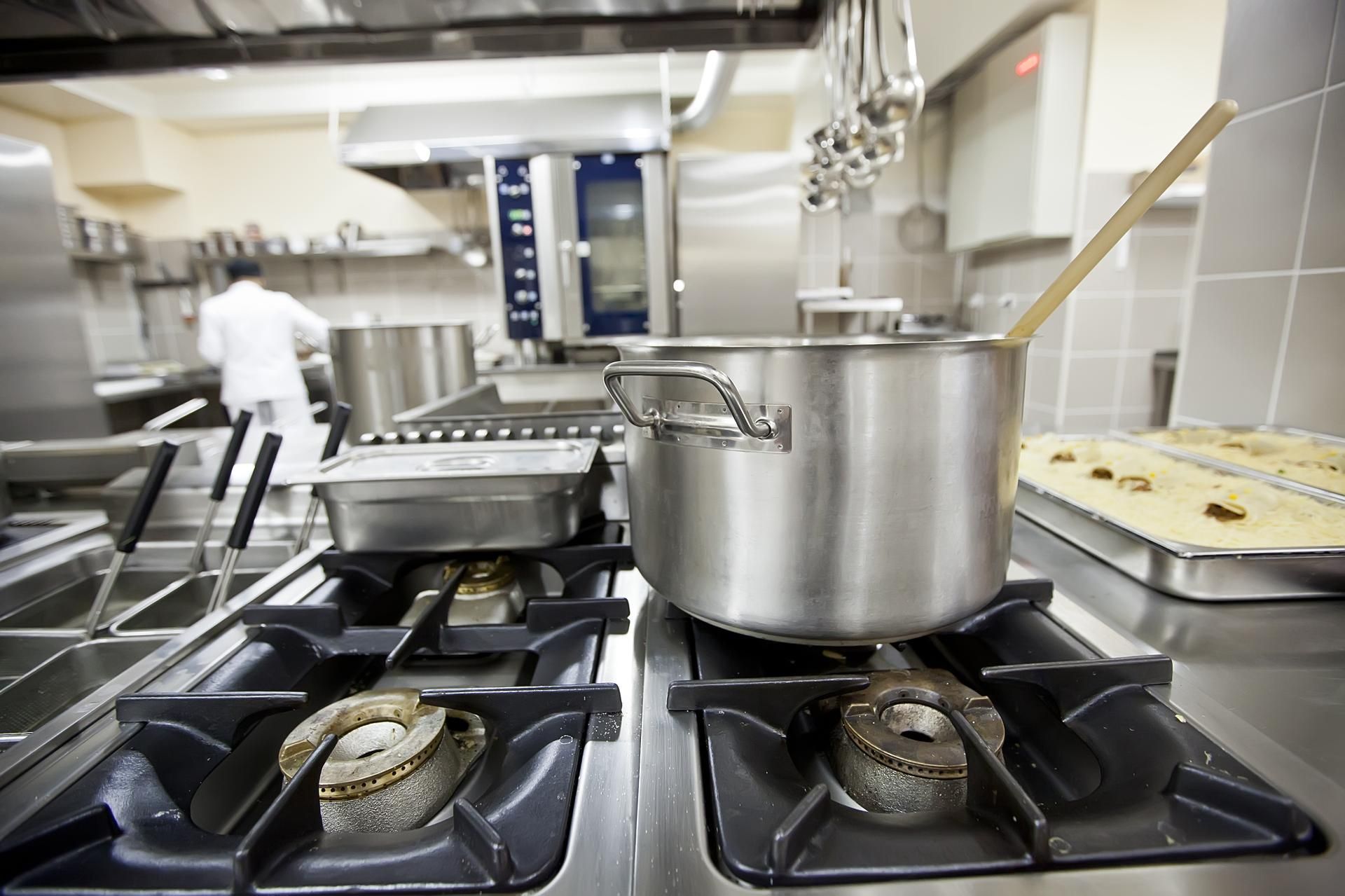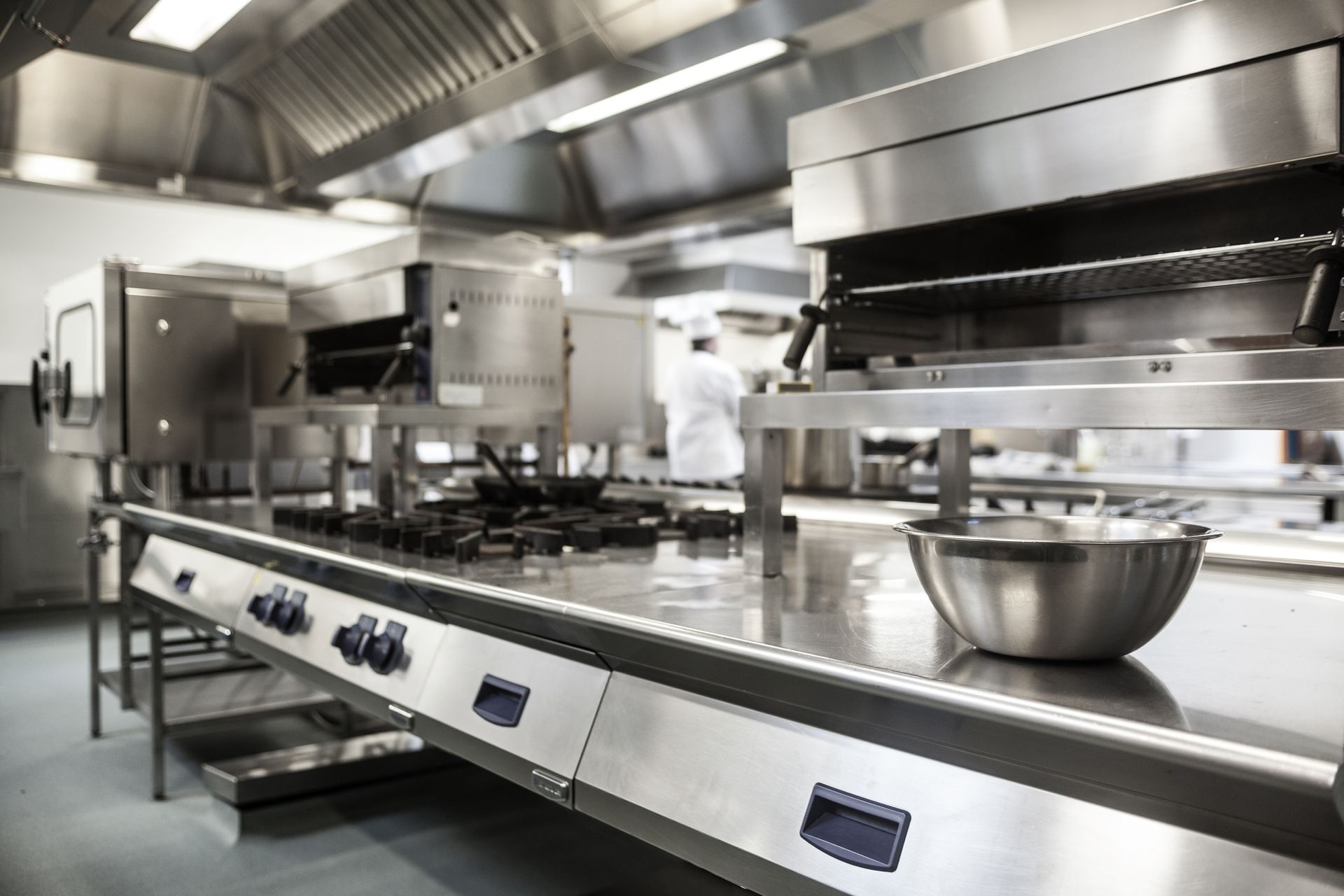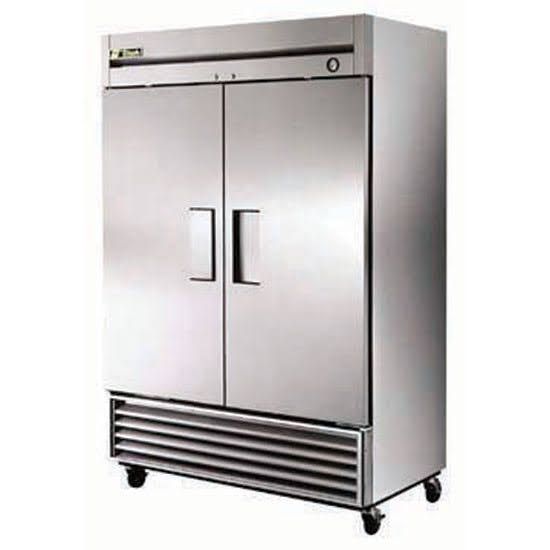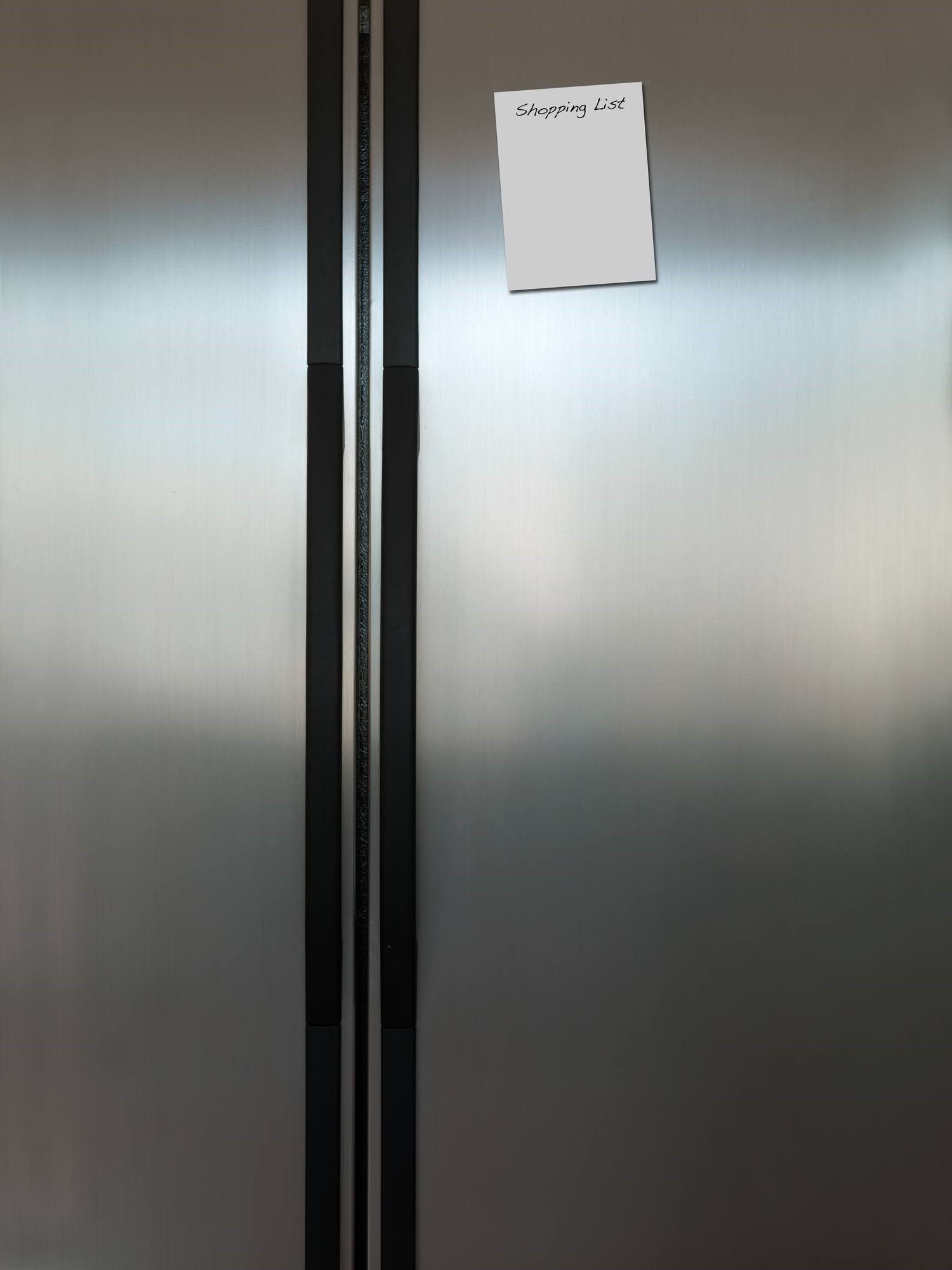Different Types of Commercial HVAC Systems
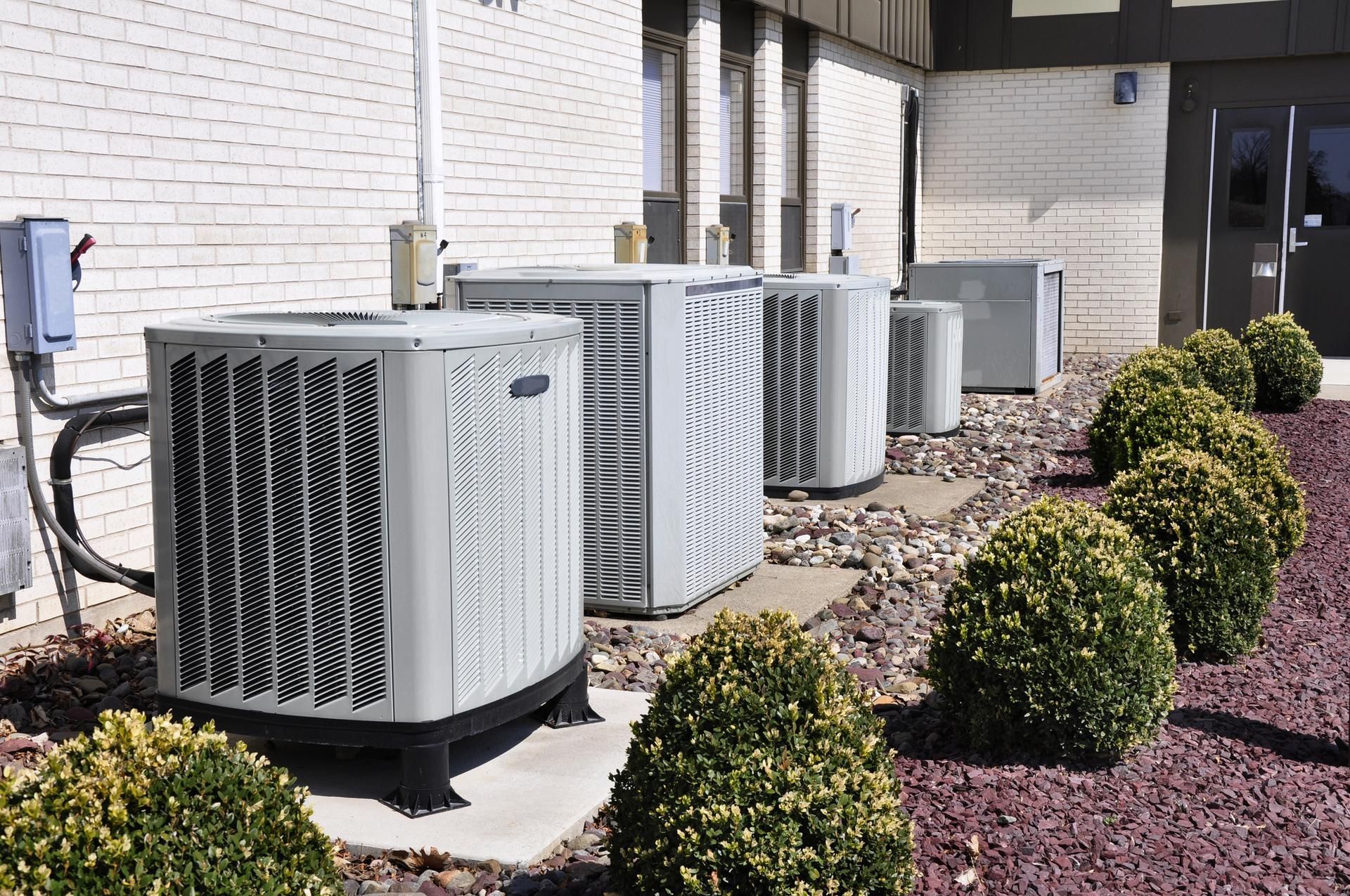
Commercial HVAC systems are designed to control the indoor environment of businesses and other non-residential buildings. They are essential for maintaining comfortable temperatures, providing fresh air, and removing pollutants.
There are many different types of commercial HVAC systems available, each with its advantages and disadvantages.
Single-Split System
A single-split system is a type of HVAC system that consists of one indoor unit and one outdoor unit. The indoor unit is responsible for heating and cooling the space, while the outdoor unit houses the compressor and condenser.
Some of the advantages of single-split systems include:
- Easy to install and maintain
- Relatively inexpensive
- Energy efficient
Single-split systems are a good choice for small commercial buildings, such as offices and retail spaces.
However, single-split systems are not suitable for large commercial buildings. They also have limited flexibility in terms of temperature control.
Multi-Split System
A multi-split system is a type of HVAC system that consists of multiple indoor units and one outdoor unit. The indoor units can be located in different building zones, allowing for more precise temperature control. Multi-split systems are a good choice for more significant commercial buildings, such as schools and hospitals.
Other advantages include:
- More flexible than single-split systems
- Can provide temperature control for multiple zones
- More energy efficient than single-split systems
However, multi-split systems are more expensive to install and maintain than single-split systems. They are also more complex to design and install.
CAV System
A CAV system is a type of HVAC system that provides a constant amount of air to each building zone. The temperature of the air is adjusted to maintain the desired comfort level. CAV systems are a good choice for buildings with large open areas, such as warehouses and factories.
Here are the advantages of CAV systems:
- Simple to design and install
- Easy to maintain
- Provides a constant amount of air to each zone
However, CAV systems are less energy efficient than other types of systems. They are also not suitable for buildings with varying occupancy levels.
Variable Refrigerant Flow (VRF) System
A VRF system is an HVAC system that uses a variable-speed refrigerant compressor to control the amount of refrigerant flow to each indoor unit. This allows for more precise temperature control than other types of systems. VRF systems are a good choice for buildings with varying occupancy levels, such as hotels and offices.
Some of the advantages of VRF systems are:
- Very energy efficient
- Provides precise temperature control
- Flexible and scalable
However, VRF systems are more expensive to install and maintain than other systems.
Packaged HVAC Systems
A packaged HVAC system is a type of HVAC system that contains all of the components of an HVAC system in a single unit. This makes them easy to install and maintain. Packaged HVAC systems are a good choice for small to medium-sized commercial buildings.
Some benefits of packaged HVAC systems include:
- Easy to install and maintain
- Compact and self-contained
- Less expensive than other types of systems
However, these systems are not as flexible as other types of systems. They are also not suitable for large commercial buildings.
Hybrid Heat Systems
Hybrid heat pumps are a type of HVAC system that combines two or more heating and cooling technologies to provide efficient and cost-effective heating and cooling for commercial buildings.
Typically, hybrid heat pumps combine a heat pump with a traditional gas boiler or furnace. The heat pump is used to heat and cool the building when the weather is mild, and the boiler or furnace is used when the weather is very cold or when there is a high demand for hot water.
Some of the benefits of hybrid heat pumps are:
- Hybrid heat pumps can provide significant energy savings over traditional HVAC systems.
- Hybrid heat pumps are relatively affordable to install and maintain.
- Hybrid heat pumps reduce greenhouse gas emissions by using less electricity and fossil fuels.
However, hybrid heat pumps require regular maintenance to ensure optimal performance and efficiency.
Hawkins Commercial Appliance can help you with commercial HVAC systems. Contact us now for more information.


